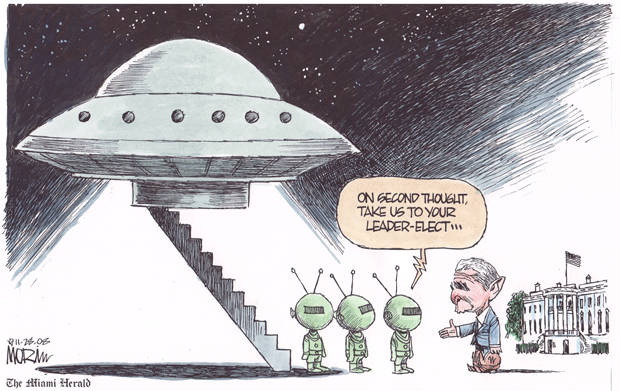BAGHDAD — A suicide bomber wearing an explosive vest blew himself up just inside the courtyard of a Shiite mosque in a town south of Baghdad on Friday, killing 12 people and wounding 19, according to witnesses and security officials.The attack took place in Musayyib, a town about 50 miles south of Baghdad, as about 700 people were attending Friday Prayer and preparing to hold a peaceful march to protest the Iraqi Parliament's ratification on Thursday of a new security agreement with the United States.
Musayyib, a predominantly Shiite town, has a number of Sunni villages nearby and has been struck several times by suicide bombings and attacks on local government officials. In one of the most notable acts of violence, a suicide bomber exploded a gasoline tanker rigged with a bomb near a crowded vegetable market on July 16, 2005, killing 70 people in the town.
In Friday's bombing the target was a Shiite mosque called Al Hussainiya, which is run by followers of the anti-American cleric Moktada al-Sadr. Until Saddam Hussein's government fell it was a Sunni mosque, but it was then taken over by Shiites. The complex also houses an office for the local Sadrists.
The bomber made it past the main checkpoints where worshipers were searched, said an Iraqi Army officer, who said he could not be quoted by name because he was not authorized to speak to the news media.
The sound of the explosion paralyzed Abdullah Hussain, 79, the owner of a small grocery nearby, bringing him back to the day in 2005 when he lost one of his sons in the tanker blast.
"I was afraid to send my son to help the victims today because I lost my other son during that bombing with the fuel tanker," he said.
"The ambulance did not respond quickly," he added.
Those who were even closer, were still amazed to be alive.
"I was standing inside the Hussainiya and do not remember anything except feeling something like the blast of a storm," said 18-year-old Ne'ma Adnan, a day laborer, from his hospital bed.
The preacher at Mr. Sadr's mosque in his stronghold of Kufa, a holy city near Najaf, blamed Parliament's passage of the pact for the violence.
"The explosion which took place in Musayyib against the worshipers is a consequence of that pact," he told followers at Friday Prayer.
On Thursday, Parliament ratified a sweeping security agreement that sets the course for an end to the United States role in the war and signals the beginning of a new relationship between the countries.
Mr. Sadr and some hard-line Sunnis opposed the pact because it meant striking a deal with the United States. Mr. Sadr urged his followers to protest the agreement.

